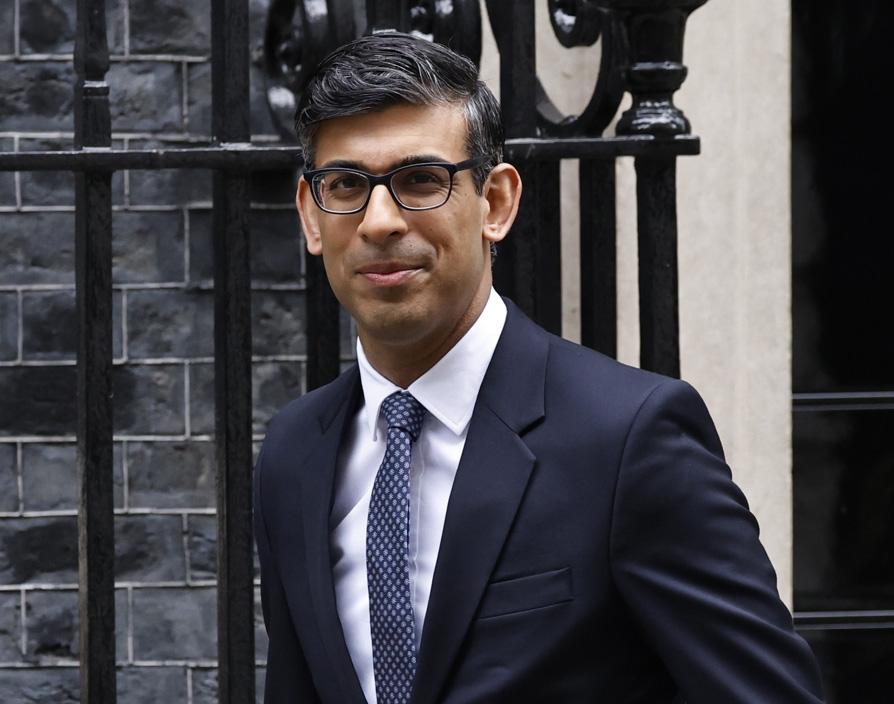AI will pose major security risks to the UK within two years and has the potential to “enhance” terrorist capabilities, Rishi Sunak has warned. The Prime Minister delivered his speech on Thursday morning, addressing the benefits and potential risks that AI posed following the publication of a government report. Sunak warned that AI could be used by terrorist groups “to spread fear and disruption on an even greater scale”, as well as invite a surge of cyber-attacks, fraud and child sexual abuse. And in the ultimate worst-case scenario, AI could lose all control and prevent it from being switched off, Sunak warned. Mitigating the risk of human extinction from AI should be a “global priority”, he said.
The Prime Minister laid out his vision for world-first global safety summit next week at Bletchley Park, which will see other world leaders and tech bosses unite to discuss how the technology should be regulated. Sunak confirmed that his government intends to set up a body that will investigate AI risks and share those with global partners. In his speech, he said that while technology offered opportunities for economic growth and advances in human capability, it also brought new challenges. “The responsible thing for me to do is to address those fears head-on,” he said. Giving you the peace of mind that we will keep you safe while making sure you and your children have all the opportunities for a better future that AI can bring.”
On the major risks ahead, the PM said: “Get this wrong and AI could make it easier to build chemical or biological weapons. Terrorist groups could use AI to spread fear and destruction on an even greater scale.” He added: “Criminals could exploit AI for cyberattacks, fraud or even child sexual abuse … there is even the risk humanity could lose control of AI completely through the kind of AI sometimes referred to as super-intelligence.”
Mr Sunak said he did not want to be “alarmist” and praised the benefits AI could bring, and its potential use in the NHS to diagnose and prevent strokes and heart attacks, while announcing an extra £100m for AI treatments for previously incurable diseases. He added: “I believe nothing in our foreseeable future will be more transformative for our economy, our society and all our lives than this technology. But in this moment, it is also one of the greatest tests of leadership we face.
“It would be easy to bury our heads in the sand and hope that it’ll turn out all right in the end, to decide it’s all too difficult or that the risks of political failure are too great to put short-term demands ahead of the long-term interests of the country. But I won’t do that. I’ll do the right thing, not the easy thing. I’ll always be honest with you about the risks. And you can trust me to make the right long-term decisions.”
Sunak said the technology was already creating jobs. He added that the development of the technology would catalyse economic growth and productivity, though admitted it would have an impact on the labour market. He said that he was generally “optimistic” about the potential of AI to transform people’s lives for the better.
Sunak mentioned AI tools taking over mundane admin tasks, which were roles traditionally carried out by employees. Tasks like preparing contracts and helping to make decisions would be automated. Automation has already changed the nature of factory and warehouse work, for example, but has not entirely removed human input. Sunak insisted it was too simple to say artificial intelligence would “take people’s jobs”, instead urging the public to view the tech as a “co-pilot” in the day-to-day activities of the workplace.
Share via:








































